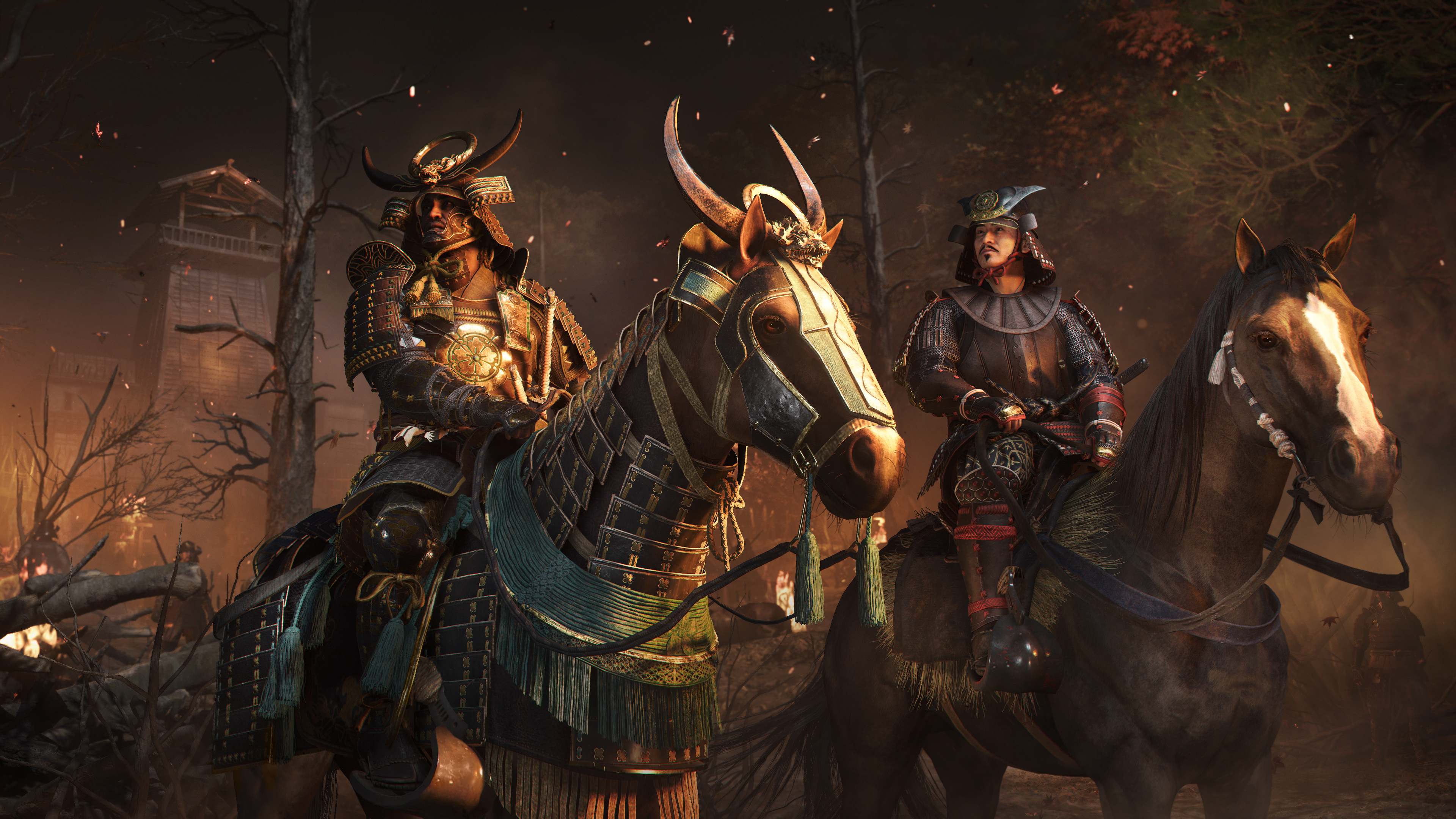
Ubisoft used to seem like an unstoppable juggernaut in video games, barreling seemingly unchallenged from one wild success to the next. Innovations in open-world game design and the pursuit of relentless fun have stagnated into formulaic reiterations driven by shareholder decisions and faceless committees, though; that once unshakeable momentum has been withered by constant disappointments and persistent fatigue.
I myself have lost hope in Ubisoft over the years, and I'm not alone. An aversion to risk taking, haphazard attempts to inject "live service" elements where they don't belong, a growing reputation for broken launches and buggy games, and a tendency to abandon the few actually amazing projects (like Immortals Fenyx Rising and Prince of Persia: The Lost Crown) have toppled Ubisoft from its throne. For many, the ailing French games publisher has one more chance at redemption: Assassin's Creed Shadows.
I had a limited preview for Assassin's Creed Shadows last year that gave me hope, but I've nonetheless avoided hyping this game up too much — I'd like to avoid setting myself up for disappointment once again. Now, though, I've actually played AC Shadows, enjoying a four-hour remote preview that has broken through my lingering reservations. I can't help it, I'm extremely excited for this game... And it may just be the redemption that Ubisoft sorely needs.
What is Assassin's Creed Shadows?
Assassin's Creed Shadows is the latest in one of the longest-running video game franchises, continuing to evolve the RPG gameplay mechanics introduced with Assassin's Creed Origins in 2017. This time, Ubisoft is taking players to a location that has been heavily requested since basically the beginning of the series — Japan. More specifically, 16th Century feudal Japan, during the war-torn Sengoku period.
Following Assassin's Creed Valhalla, the last major AC entry released in 2020, Ubisoft has made a lot of changes to win back classic Assassin's Creed fans. Now, players will be able to instantly switch between two protagonists at any point, with each main character boasting an entirely different playstyle. There's the agile shinobi, Naoe, and her repertoire of ninja tools, and then there's the imposing samurai, Yasuke, a powerful warrior based off the real-world historical figure.
AC Shadows could represent the start of a brand-new era for the franchise, if it truly delivers (and I have a feeling it actually might). Assassin's Creed Shadows was recently delayed until Mar. 20, 2025, but it won't be too long before you'll be able to explore feudal Japan on Xbox Series X|S, Windows PC, and PlayStation 5. You can read our Assassin's Creed Shadows FAQ for more information on this game.
AC Shadows hands-on: Bringing feudal Japan to life
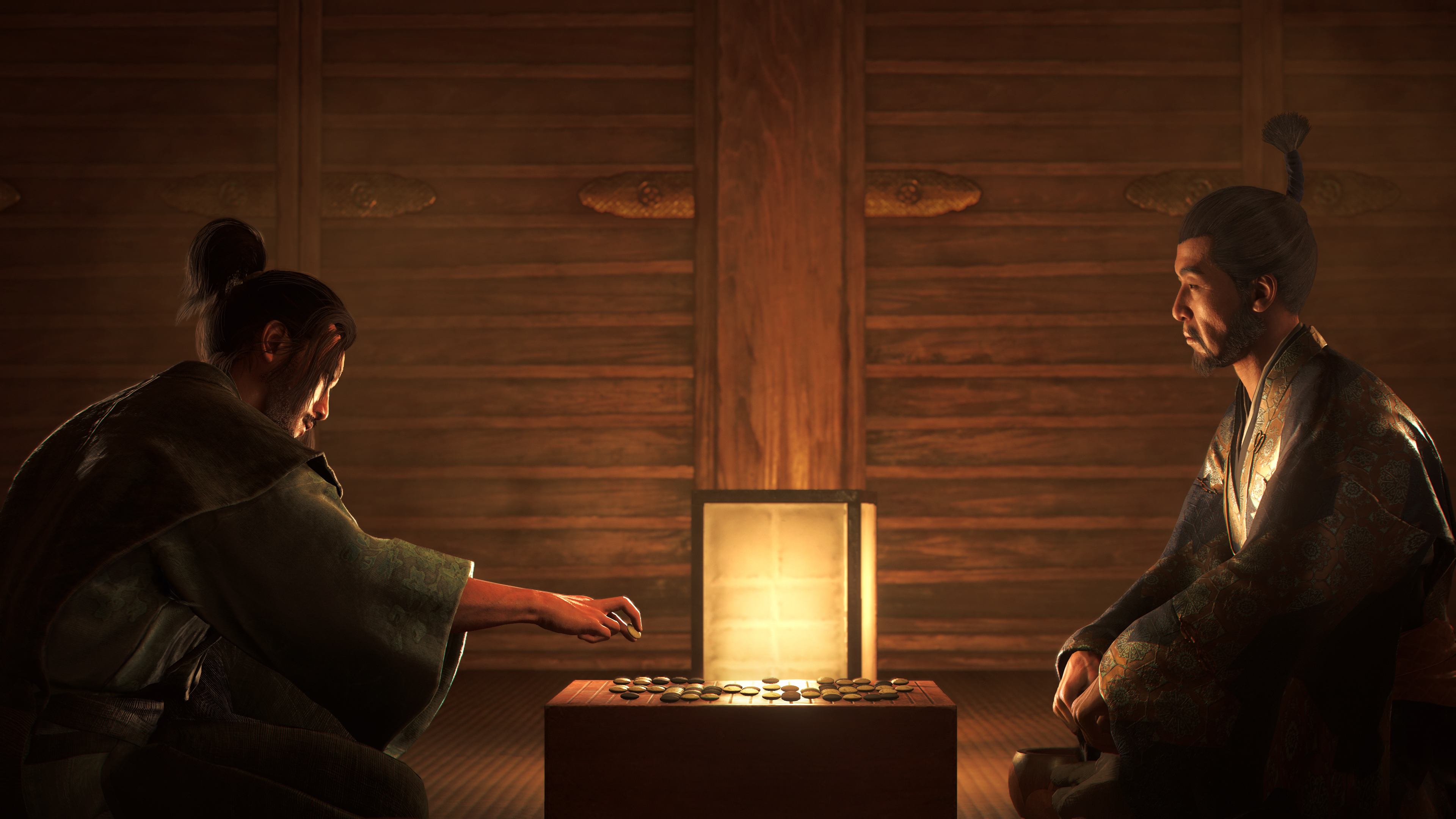
Since its inception, the Assassin's Creed franchise has been known for cutting edge visuals and technically impressive open worlds. Assassin's Creed Valhalla is positively gorgeous, so it makes sense that its true, next-gen successor would push the limits even further. Well, Assassin's Creed Shadows isn't a massive leap in graphical fidelity at first glance, but an upgraded Anvil Engine and a lot more development time allowed Ubisoft to make tremendous changes in arguably more important places.
Largely, that means a more dynamic open world. AC Shadows is building its rendition of feudal Japan on three features: dynamic time-of-day, transitions through four distinct seasons, and a myriad of unique weather events. The bustling towns and villages, expansive fields and farms, and serene forests and mountains all look incredible on their own, but even in my limited hands-on I was able to witness how time affects it all.
Well, Assassin's Creed Shadows isn't a massive leap in graphical fidelity at first glance, but an upgraded Anvil Engine and a lot more development time allowed Ubisoft to make tremendous changes in arguably more important places.
The world changes more than visually as time progresses, too. As the seasons roll, you may discover new opportunities, observe new world events, and witness new unique weather effects. It's not just about the big picture — Ubisoft paid attention to the minute details, too. There's much greater variety to NPC appearances and behaviors, and crowd density has been increased. NPCs will react differently depending on which character you're playing as, and will be affected by the weather, change of seasons, and more.
Many elements of the environment are interactable and even destructible, too. An errant whip of Naoe's kusarigama (basically a sickle on a chain) may smash through nearby crates and carts, and each mighty swing of Yasuke's sword may precisely cut through entire fences and doors. It's impressive in action, and makes combat feel more impactful.
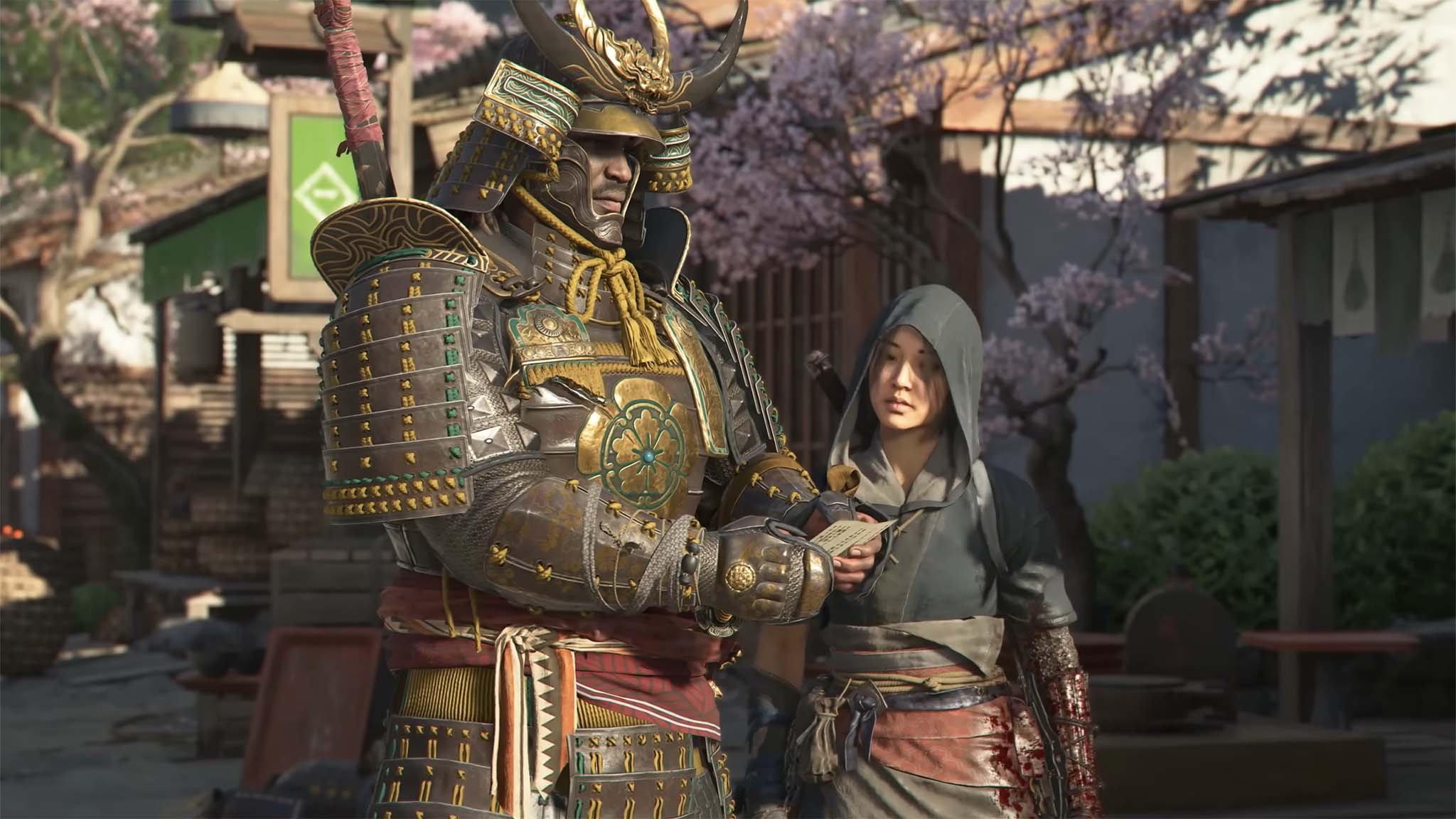
One moment that particularly stands out to me is when, shortly after Spring transitioned into Summer, I stepped outside of a building and was hit by a mighty gust of hot wind. The trees and tall grass in front of me were being pulled along by this wind, and debris like leaves and dust were swept past me and into the distance. It's a small moment and certainly not unique to Assassin's Creed Shadows, but it's just one tiny fragment of the dynamic, living Japan Ubisoft set out to create.
I adored exploring the tiny slice of Japan Ubisoft set me loose in. Certain elements like facial animations and textures may not quite approach games like Senua's Saga: Hellblade II (although I was pleasantly surprised by the voice acting quality), but I'm more than happy to skip the pixel peeping and instead simply enjoy what very well could be the best open world sandbox we've ever seen in Assassin's Creed.
AC Shadows hands-on: Major gameplay upgrades
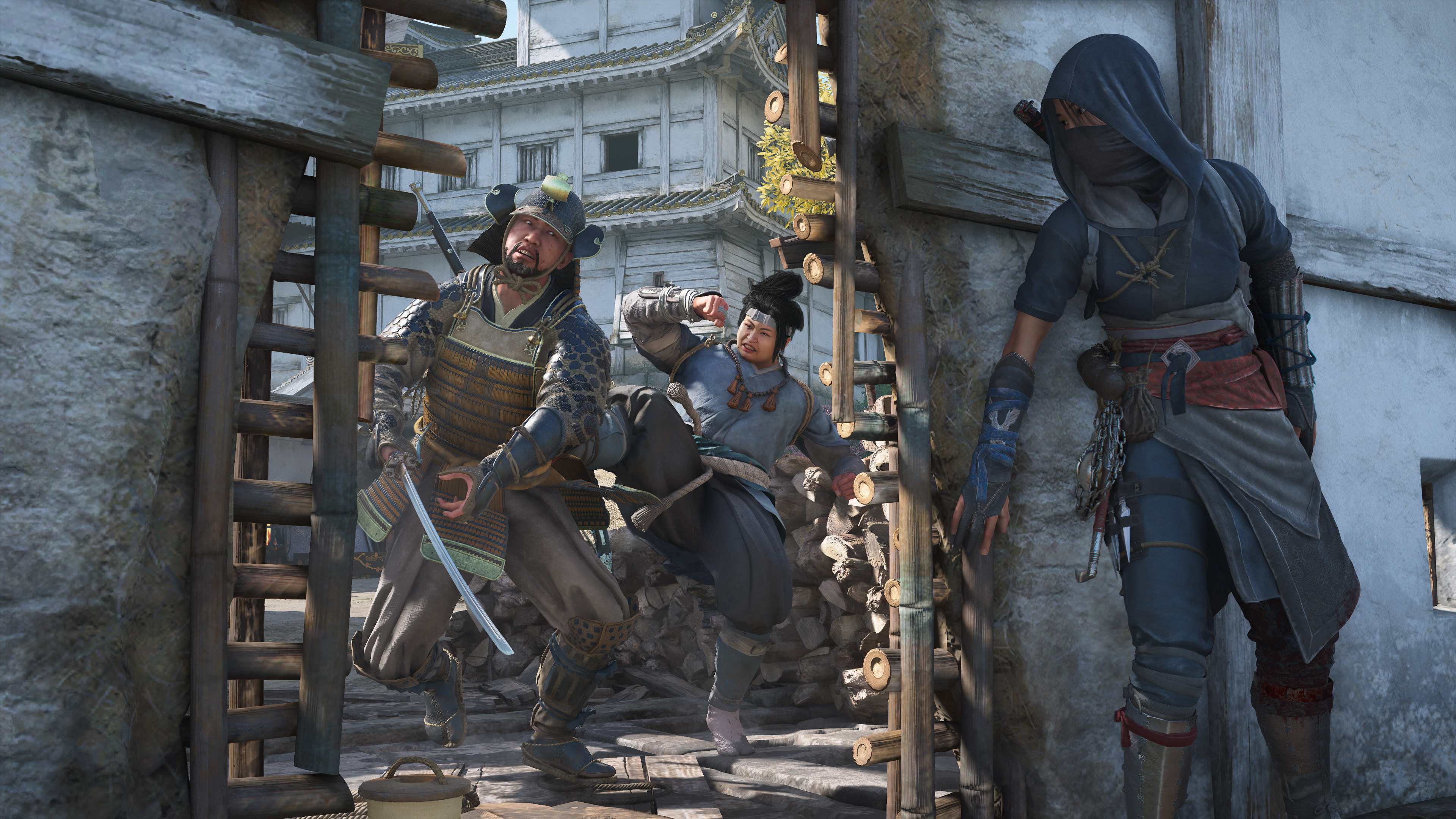
A common criticism aimed at the modern RPG-style Assassin's Creed games is that the core gameplay (especially combat) has drifted too far from what made the original games so successful. Combat feels less fluid, enemies are spongier, and despite technically having significantly more options it still felt like you were given less choice in how to fight. I was already optimistic that AC Shadows would undo some of this bad rep, and now I know that's true.
Assassin's Creed Shadows stars two main characters: the fictional shinobi Naoe, who utilizes a vast array of ninja tools and her incredibly agility to outmaneuver her opponents, and the historical samurai Yasuke, who's imposing size and strength allow him to wield the most terrifying of weapons and smash through many obstacles. You don't choose one or the other; both these characters play a critical role in the story, and you can swap between them at any point. Naoe, especially, highlights the improvements Ubisoft has made to the AC stealth mechanics, including going fully prone to remain hidden or access tight spaces.
Their playstyles are diametrically opposed, too, each with their own unique arsenal of weaponry, gear, and abilities. Naoe is the smallest playable character in the Assassin's Creed franchise, and she's also the fastest and most nimble. Yasuke is one of the largest playable characters in the franchise, and he's also one of the strongest and most deadly in direct combat. Whether you want to be stealthy and utilize your hidden blade or charge directly into the heat of battle, you can approach almost every mission and objective in Assassin's Creed Shadows the way you choose.
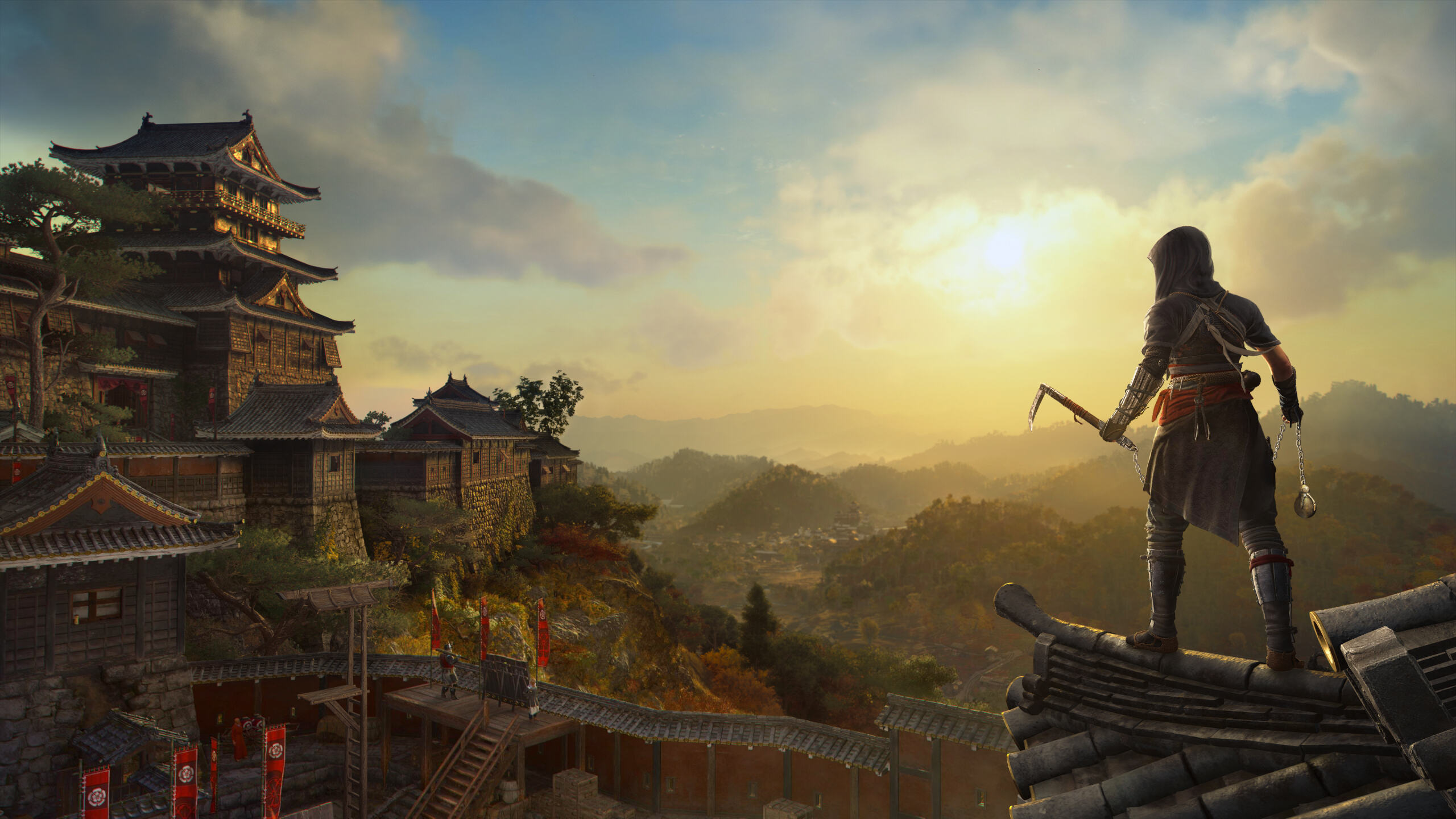
Both characters feel amazing to play as. Naoe was my preferred character for the majority of my four-hour preview, and many of the improvements Ubisoft made in AC Shadows shines here. The all-new suite of animations for combat and parkour looks stunning, and both gameplay mechanics are more fluid and dynamic. It may take a moment to adjust, but I felt like I had more control than ever over how I traversed the map, even if AC Shadows doesn't boast quite as many climbable surfaces as past games (I never really saw this as an issue, though, I always had multiple available paths).
Combat ticks all the boxes I want — it's precise and tactile, with excellent feedback from enemies as you stagger them, shatter their armor, cut into their flesh, or brutally finish them off. There are obvious advantages and disadvantages to each character that make you choose your approach to combat and scenarios carefully. Naoe may be able to go almost anywhere, but she's in trouble if she's caught and surrounded. Yasuke may be able to challenge powerful foes without issue, but no one is going to miss seeing him approach.
In general, though, I had a blast playing AC Shadows. I was only able to explore one part of the open world, but it felt like a positive shift in game design compared to recent AC titles.
In general, though, I had a blast playing AC Shadows. I was only able to explore one part of the open world, but it felt like a positive shift in game design compared to recent AC titles. You still craft and upgrade gear, and you will have your own stronghold that you build up over the course of the game, so that does mean a lot of mundane resource collection.
AC Shadows doesn't inundate you or your map with endless minor objectives, though; the world changes over time, and simply being aware of your surroundings will get you the materials you need. Missions and points of interest require careful investigation, including building up a network of spies and informants to help you track down your next objective. Items that do appear on your map tend to be more interesting, including contracts, side missions, and extremely valuable treasure. You have some reasons to go off the beaten track, too, as Naoe loves to paint wildlife as she discovers them, like a heron fishing for its lunch or a mother doe bathing her fawn.
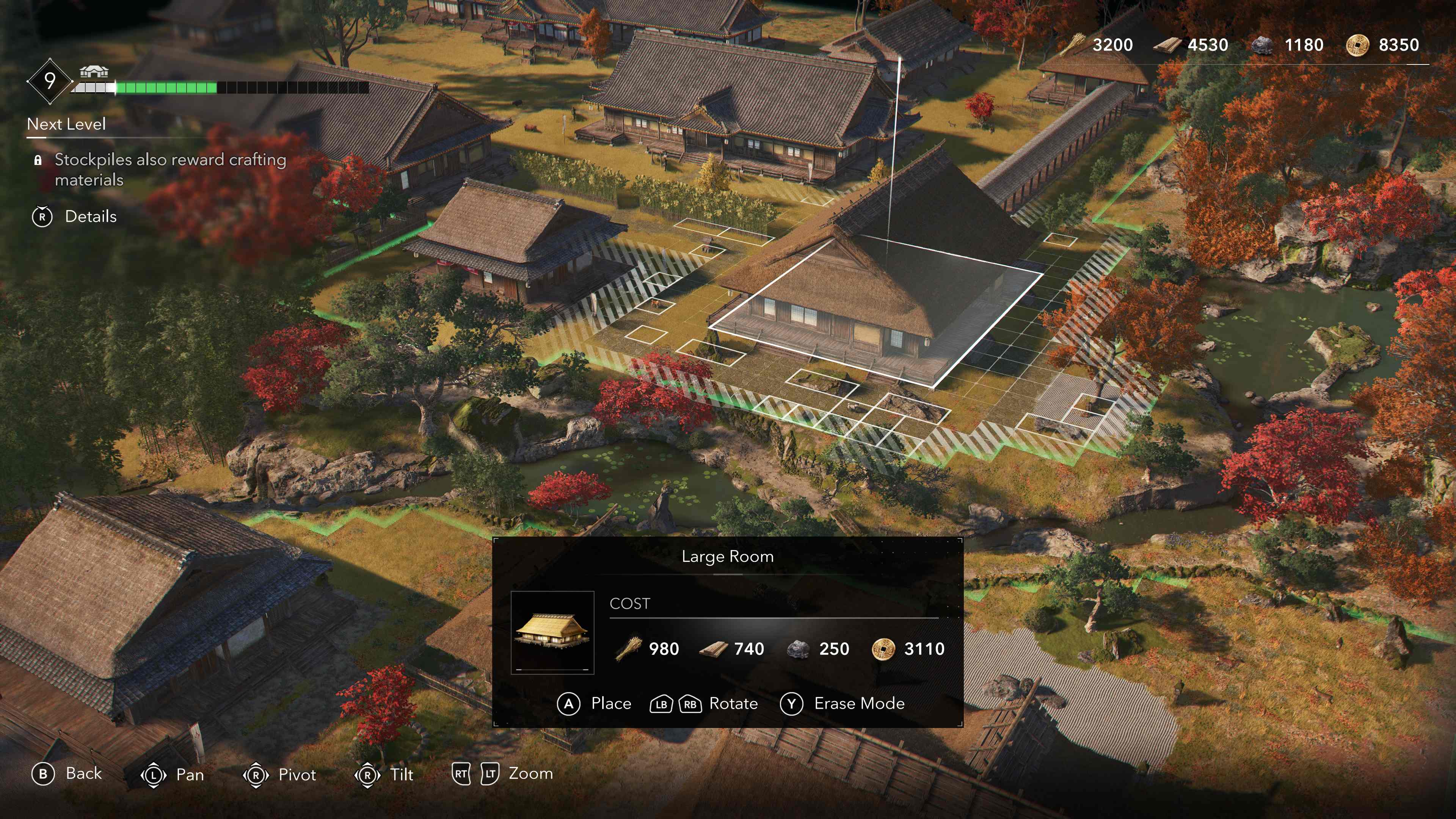
I'll need more time with the full game to know if this world remains interesting and engaging throughout, but I'm feeling more positive than I have in a long time about an open-world Ubisoft game. There are other improvements that I genuinely love, too. Whenever you're supposed to be following a character, you can now press a button to perfectly match their pace and pathing, so you no longer have to worry about being too fast or too slow. If you prefer to stay true to the Assassin's Creed storyline, you can enable the returning "Canon Mode" from AC Valhalla, which makes Naoe and Yasuke automatically make the decisions Ubisoft respects in the lore.
You can now press a button to perfectly match their pace and pathing, so you no longer have to worry about being too fast or too slow.
My personal favorite is the "Immersive Mode." AC Shadows lets you choose your own language options, including fully voiced Japanese, but the Immersive Mode has every character speak their native language, fluidly switching between Japanese, Portuguese, and more as needed, all while respecting your subtitle language. It's an option that more games set in different parts of the world need to have. There are plenty of areas you can see the benefit of AC Shadows' longer development time, as it really does feel like Ubisoft is paying attention to the details and striving to make this the best Assassin's Creed game ever.
AC Shadows hands-on: Signaling a change at Ubisoft
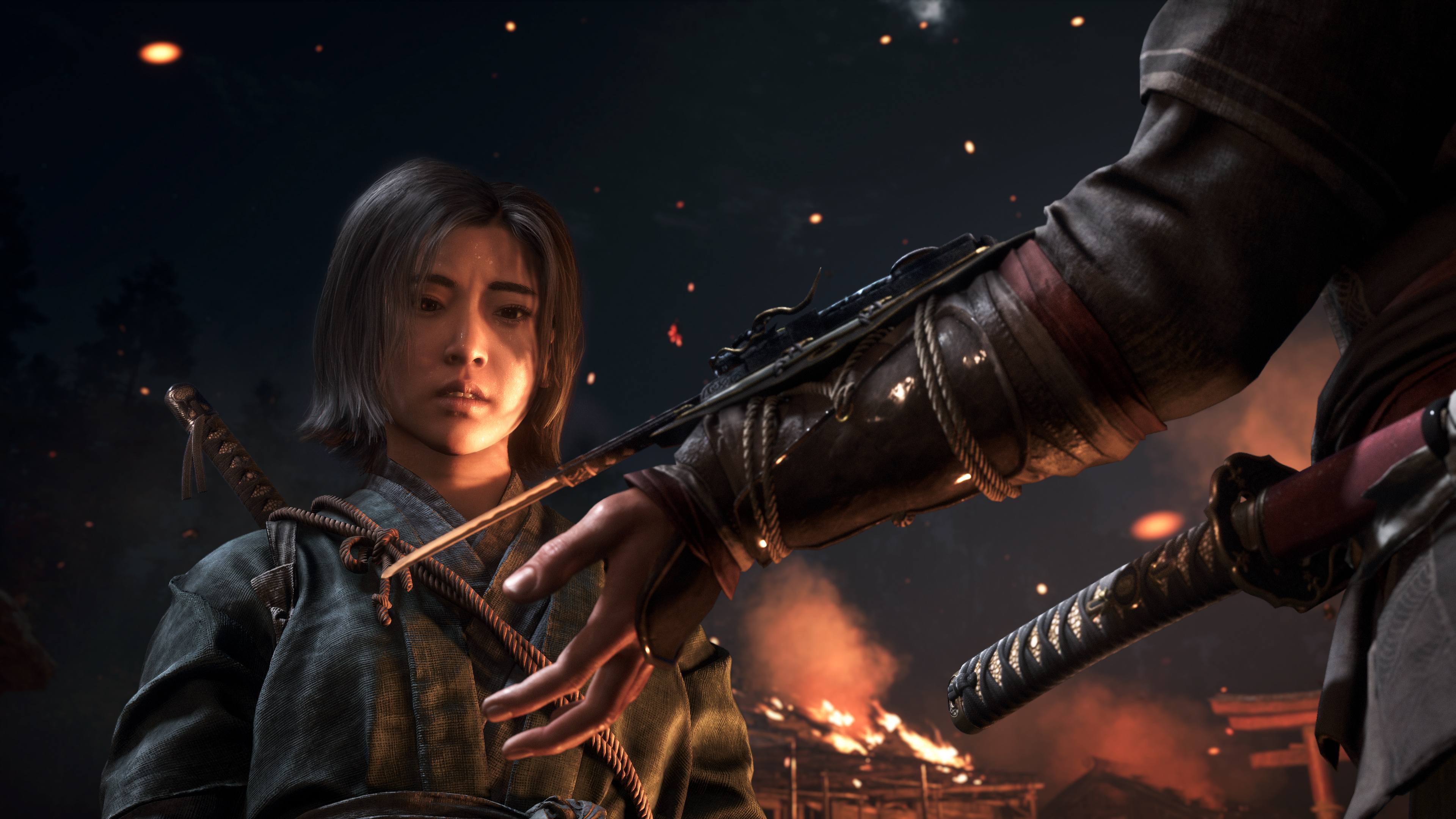
Ubisoft knows as well as we do that it needs Assassin's Creed Shadows to succeed. The last Far Cry and Assassin's Creed games failed to meet expectations, Ubisoft recently shuttered its XDefiant first-person-shooter experiment, and the publisher's "AAAA" disaster (otherwise known as Skull and Bones) missed the mark entirely. Ubisoft is even in talks with Tencent to break up some of its video game assets as part of a new venture.
Ubisoft's best games in years, Immortals Fenyx Rising and Prince of Persia: The Lost Crown, internally missed some metrics or whatever, and those teams were scattered; even Star Wars Outlaws, a game I listed as one of my favorite of 2024, still felt like half the game it could've been. For years, you've been able to rely on Ubisoft for one thing: to ultimately disappoint you in some way or another.
The fact that Ubisoft continues to delay Assassin's Creed Shadows shows that the publisher is serious about getting this right, and my hands-on preview two months ahead of launch lends me hope that it actually succeeded. There's still much we don't know about this game and won't until it finally arrives, but the combat, traversal, open world, and accessibility may all count among the very best in the franchise. If Ubisoft can stick the landing, it may signal a desperately needed change at the publisher.
Cookie cutter games aren't enough to shine through the endless morass of launching titles, especially when so many incredible teams are actively seeking new ways to innovate. If Ubisoft wants to keep up, it needs to break its tendency to stick to tradition or halfheartedly chase short-lived trends — give developers the time and resources they need to craft the games they want, with both passion and attention to detail. I've only played a few hours of Assassin's Creed Shadows, but maybe Ubisoft finally got the memo. I just hope it's not too little too late.







